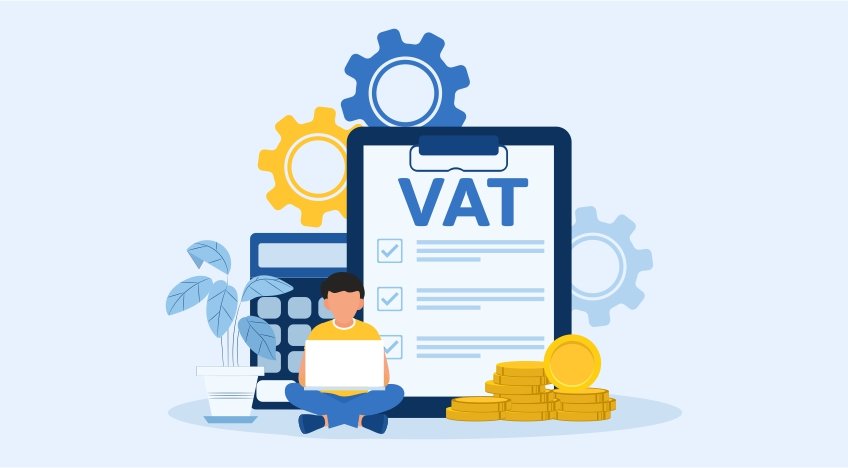Value Added Tax (VAT) was introduced in the United Arab Emirates on January 1, 2018. The general VAT rate is 5% and applies to most goods and services, with some goods and services subject to a 0% rate or an exemption from VAT (subject to specific conditions being met).
Here are some of the key things to know about VAT in the UAE:
VAT is a consumption tax. It is paid by the final consumer of goods and services.
VAT is charged at each stage of the supply chain. This means that businesses charge VAT on their sales and can claim back any VAT they have paid on their purchases.
Businesses that have a taxable turnover of AED 375,000 or more in the previous 12 months are required to register for VAT. Businesses can also voluntarily register for VAT if their taxable turnover is less than AED 375,000.
Registered businesses must charge VAT on their sales and file VAT returns with the Federal Tax Authority (FTA) on a quarterly basis.
Businesses can claim back any VAT they have paid on their purchases by submitting a VAT return to the FTA.
VAT is exempt on certain goods and services, such as essential food items, basic medical services, and educational services.
Here are some of the benefits of VAT for businesses in the UAE:
VAT is a transparent and efficient tax system.
VAT can help businesses to reduce their costs by allowing them to claim back VAT on their purchases.
VAT can help businesses to improve their cash flow by allowing them to defer VAT payments on their sales until they have received payment from their customers.
VAT can make businesses more competitive in the global market by allowing them to claim back VAT on goods and services they purchase from overseas suppliers.
If you are a business operating in the UAE, it is important to understand your VAT obligations and to comply with all applicable VAT laws and regulations. The FTA provides a range of resources and services to help businesses do this.
